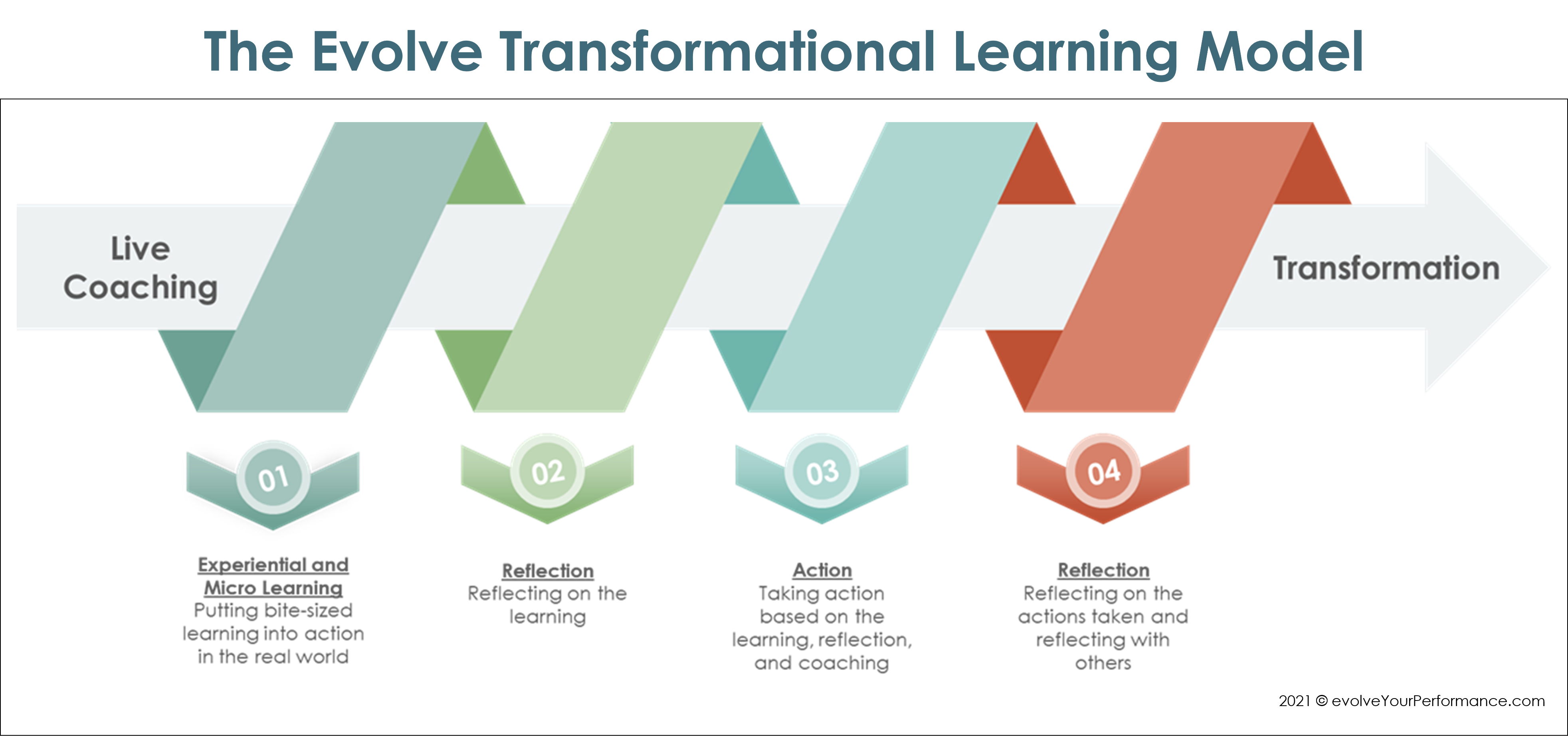Do you fully appreciate the potential of your employees?
According to a 2019 study by Bloom Leadership, 79% of employees quit due to a “lack of appreciation,” which included:
- Lack of career and professional development
- Inability to safely provide opinions and ideas about the organization
- Managers fail to delegate tasks to employees, thereby ignoring their potential and hindering their development
What is one thing you can start doing more effectively today to address all three of these reasons employees quit?
Strategic delegation. Strategically delegating stretch assignments based on employee career goals can be a powerful way to provide career and professional development, even when you don’t have the budget or bench strength to allow employees to go away for two weeks to a course.

Proper Delegation Leads to Employee Success
When you delegate appropriately and set the employee up for success, employees are able to influence the course of the organization and use their own ideas to accomplish their tasks. Delegating also builds trust between the manager and employee by showing that the manager has faith in the employee to excel in the task or project.
When I refer to delegating, I’m not talking about tasks like picking up your dry cleaning or washing your car. In order to strategically delegate in a way that engages and supports your employees, you actually need to KNOW your employees – what makes them tick? What do they consider a reward? What do they hate? What are their career goals? What competencies are they working on improving this quarter/ year?
Create an Environment of Progressive and Continual Learning
Through task delegation, employees have a chance to increase their product knowledge and develop new skill sets. If employees are working on stretch assignments, the ability exists for a cross-departmental experience that will increase worker efficiency and establish their value proposition within the company. These employees wind up being functional in ways you and they might never have imagined.

Create an Excited and Engaged Workforce
By delegating important assignments, you not only increase your employees’ trust in leadership and the company, but you also give them the benefit of more autonomy. As a result of their increased responsibilities, they will have to exert decision-making skills. That independence (as well as accountability for the success/failure of a task) gives them more opportunities to think strategically and manage themselves. These things build morale and create a confident, engaged employee. Engagement creates productivity, and that equals success.
While an ‘I can do everything’ level of dedication and follow through is admirable and oftentimes necessary, a leader’s time is best spent focusing on employee development and strategic, high-level organizational assignments. Delegation allows leaders to advocate for their team throughout the organization and gives their teams opportunities for success by introducing them to challenges outside of their wheelhouse. Leaders should consider not only the tasks that need doing but also the employees that can most benefit from the opportunity. There is a way to do this where workers feel good about these new assignments and welcome the ability to stretch, learn, grow, and develop their skills.
Know Your Team
I had an employee who loved business travel. They loved networking, giving talks, and bringing back information to share with the team… She would pick business travel over an end-of-year bonus if given the choice.
I had another employee who HATED business travel. It was seen as a punishment for him. He hated networking, he hated giving talks. He would have taken a pay cut if it meant never having to travel again.
If I didn’t take the time to know this about my employees, I might delegate a dynamic, exciting project that required lots of business travel to an employee, thinking I was giving him a gift and he would resent every waking moment of it. But, delegating it to my employee, who loved to travel, was like winning the lottery, and the energy and growth that came out of that project – for both the employee and the organization – was immense.

Select the Right Individuals for The Right Task(s)
Identify the person/team you are selecting for delegation. Determine the learning or development opportunity that exists for the individual or team. Ensure this individual/team is capable of completing this task.
This should be a strategic decision based on workload, strengths, developmental needs, employee preferences/ career goals, etc. If all else fails, talk to the team and make a collaborative decision. The last thing you want to do is have a team member feel like they are being punished when you are meaning to reward and develop.
Provide a Safe Space
The employee needs to feel as though they will not be punished or judged if they ask for help or make a misstep. You don’t want the employee trying to fix things on their own before you find out because if that is the feeling on the team, you won’t find out until it is an emergency and may not be fixable. You want your team to come to you when they screw up and cop to it. You want them to also come with potential solutions. You want mess-ups to be coachable moments where they still own the project – rarely should you swoop in and take over (which is more than just a little tempting, especially when the mistake is a visible one).

Transformational Learning Model
Delegating and “managing down” are critical parts of good leadership and are covered extensively in our transformational leadership course. With resource constraints and leaders being busier than ever, we have developed a course that combines the principles of microlearning and executive coaching to deliver leadership transformation in just 15 minutes a week throughout the year. If you are interested in learning more about the course and how to bring it to your organization, book a time to talk to Mary directly at https://TimeWithMary.com.





